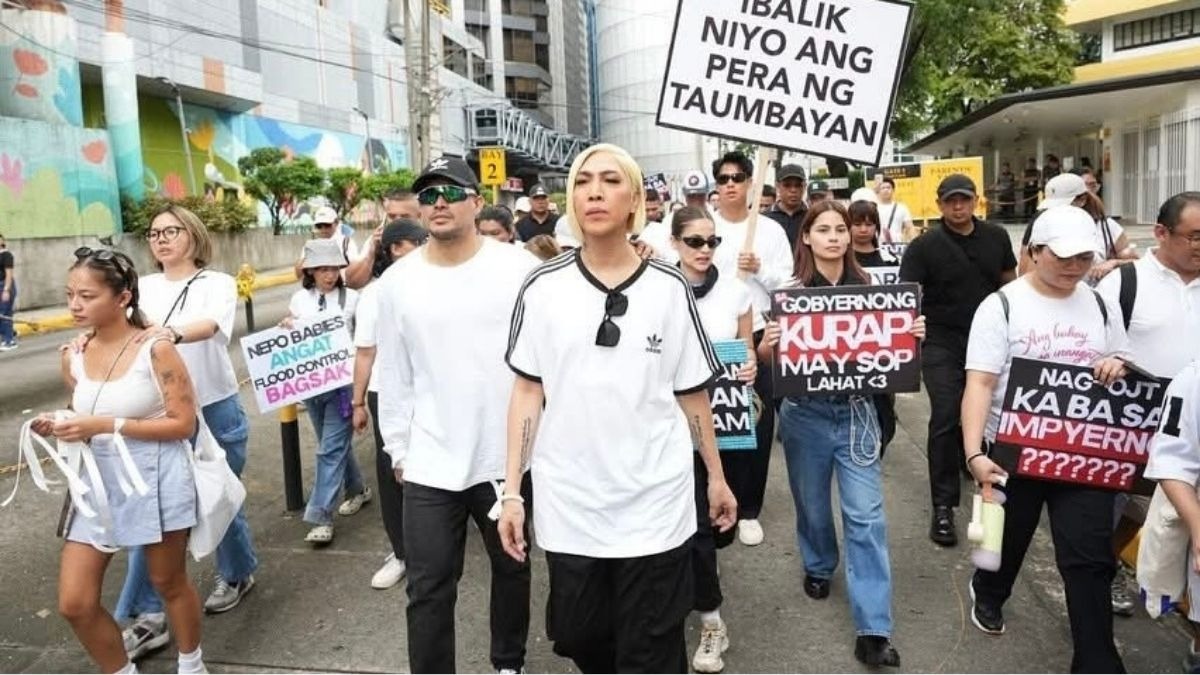The Celebrity Who Challenged a Nation
In the heart of Manila, under the shadow of the towering People Power Monument, a crowd had gathered like never before. But this wasn’t just any protest—it was the beginning of a movement that would shake the foundations of Philippine politics. At its center was Alex Vega, a beloved comedian known for making the nation laugh, now transformed into an unlikely revolutionary.
Alex had never planned to become a political figure. His stage was the television, his weapons humor and wit. But after years of watching corruption gnaw at the country, from stolen public funds to untouchable politicians, his laughter turned to fury. He knew the people were fed up, and tonight, he would give them a voice.
As the sun dipped below the horizon, Alex climbed onto a makeshift stage. The crowd erupted, a sea of banners and voices chanting in unison. His eyes scanned the audience—young and old, students and workers, celebrities and ordinary citizens—united by a shared desire for justice.
“Tonight,” Alex began, his voice carrying over the masses, “we remind those in power that we, the people, are the true bosses. You work for us, not the other way around!” The crowd roared, some crying, some laughing through their tears.
Alex’s speech was fiery. He didn’t hold back. He demanded that corrupt officials face the consequences of their crimes, not just with fines or imprisonment, but with justice so decisive that it would leave no room for further theft. Rumors had spread that he was even advocating a return of the death penalty for the most egregious offenders—a bold, controversial stance that had everyone talking.
But Alex’s message wasn’t just about punishment; it was about empowerment. “We have lived in fear too long,” he shouted. “It is time the government fears the people. It is time we reclaim what is rightfully ours.” His words ignited a spark that no one could ignore.
In the following weeks, the country watched as the movement he inspired grew into a full-scale campaign. Protests, viral social media campaigns, and secret meetings of citizen watchdog groups erupted nationwide. The government, once untouchable, now felt the weight of scrutiny. Politicians who had laughed at the system were suddenly cautious, their every move under the public eye.
Alex Vega became more than a celebrity; he was a symbol of accountability, courage, and the power of the people united. And though critics labeled him reckless and extreme, his supporters saw a hero willing to risk everything for justice. In a nation long mired in corruption, one comedian had reminded everyone of a simple truth: laughter might entertain, but anger can ignite a revolution.
As the sun rose over Manila once more, the People Power Monument stood witness to a movement that had begun with a voice—and had grown into a roar that would not be silenced.
